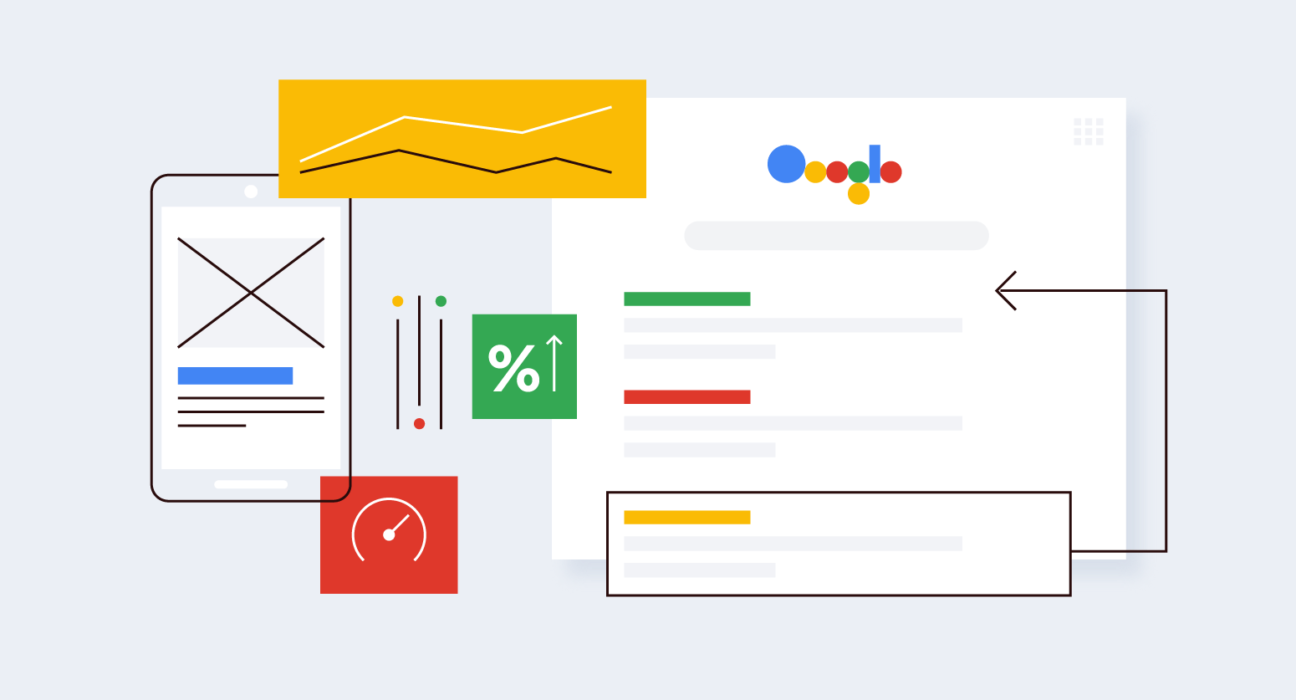Google pays a lot of attention to search intent when it comes to ranking pages. It wants to deliver results that match the query someone types in. One of the ways to show this to Google is by writing clear paragraphs. It will help readers understand your text better and signal to Google that it’s worth ranking high.
1. Keywords
One of the most important factors in SEO is keyword research, which involves identifying the words or phrases that people use to search for your product or service. Then, you create content that targets those keywords. Getting your page to rank higher for these keywords will help you attract more website traffic and grow your business.
Using your target keyword in the title of your webpage is another important factor. It signals to Google what the page is about, and it can also increase click-through rates (CTR). Keeping your meta description short and sweet is a good idea as well. Too long of a meta description can get cut off in search results, which will negatively impact your ranking.
LSI (latent semantic indexing) keywords are another important keyword ranking factor. These are synonyms or related terms that show that your content covers a topic thoroughly.
2. Content
Content is the cornerstone of SEO, and quality writing is essential to ranking well in search engines. This includes the content on web pages, blog posts and other pieces of online media. The best content is helpful, relevant and informative to searchers while also using keywords in the right places.
A number of factors influence the quality of a piece of content, including its length and the use of latent semantic indexing (LSI) keywords. LSI are keywords or phrases that have a similar meaning but aren’t directly related.
Other content-related ranking factors include:
Title>: A title> that’s overly long or contains too many unneeded keywords may be penalized by Google.
Meta Description>: Meta descriptions have an indirect impact on page ranking because they can be displayed as snippets in search results.
3. Backlinks
Backlinks are one of the most important aspects of a website’s SEO ranking. They serve as votes of confidence that help search engines determine how prominent your content should be in SERPs. However, not all backlinks are created equal. To rank well on SERPs, your backlinks need to come from quality websites that are related to your industry. Otherwise, they could hurt your ranking.
Some backlink characteristics to look for include:
Link age: Links that are older tend to be more valuable than newer ones. This is because Google has more experience interpreting the meaning of links and knows when they are spam or not.
4. Sitemaps
Sitemaps are an important part of a website’s search engine optimization (SEO) strategy. They help Google and other search engines find the pages on a website more efficiently by providing them with a detailed map of all the website’s pages. This allows them to crawl and index those pages more thoroughly. This in turn improves the website’s visibility in search engine results pages (SERPs).
There are different types of sitemaps, including XML and HTML, but the most important for SEO is XML. This is because XML is a format that’s best understood by computers and can be read directly by them, while HTML is a regular text file that can be interpreted by humans.
Another advantage of XML sitemaps is that they can include a link to the canonical version of each page, which prevents duplicate content issues. While a XML sitemap is designed for search engines, an HTML sitemap can also be helpful for human visitors by making it easier for them to navigate your site and find the information they’re looking for. This can increase dwell time and reduce your website’s bounce rate.
5. Analytics
Google Analytics is an essential tool for SEO to track your website traffic, keywords, and content. It can help you find out what is working and where there is room for improvement.
Other factors that are used to determine a websites SEO ranking include the number and quality of backlinks, the brand authority of the domain name, and the user-interaction signals on the site. The website should also be mobile-friendly and easily crawlable by search engines.
Page Speed: Google’s page experience documentation suggests that fast pages get a ranking boost. But Google’s core philosophy has always been that relevance is most important, so giving pages an automatic speed advantage at the expense of relevant content does a disservice to users.
Unique, high-quality content that demonstrates expertise, authority, and trustworthiness on a subject (or what the SEO community calls E-A-T) is still a significant ranking factor. It is especially important for local searches. Doorway Pages: Google hates sites that are purely advertising and don’t contain much original content above the fold. The same goes for sites with lots of spammy links, duplicate content, or gibberish text.


